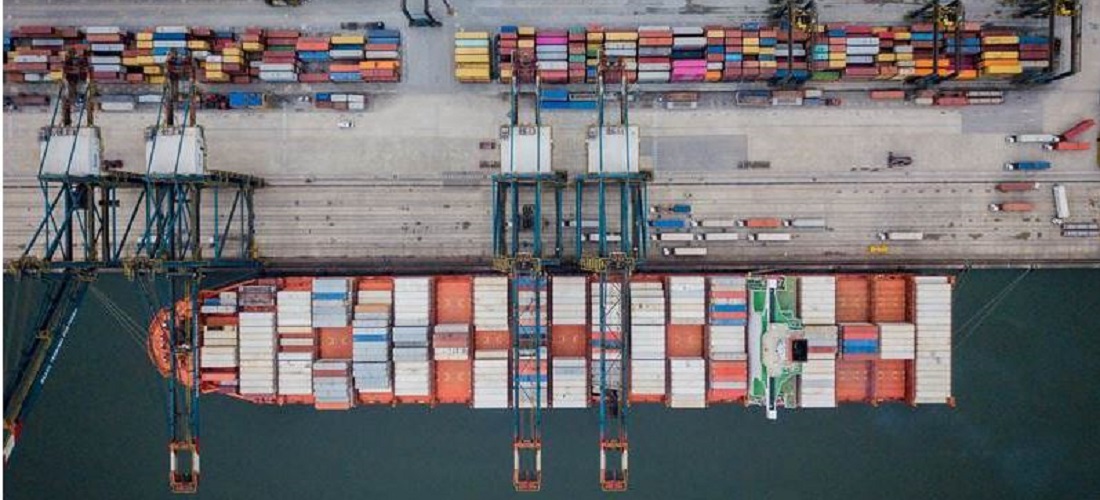
Brazil Revives “Cotton War” as Extreme Measure Against the U.S.
Feb, 14, 2025 Posted by Denise VileraWeek 202507
President Luiz Inácio Lula da Silva’s (PT) government has recalled the Salva’ston War” as an example of what Brazil could do against the United States in response to potential trade retaliation over Donald Trump’s protectionist measures.
For now, the Brazilian government is focused on establishing communication channels with Washington and negotiating with the U.S. This approach applies both to the steel and aluminum tariff hikes and to the reciprocal tariffs promised by Trump.
However, government advisors have discreetly mentioned the cotton dispute as a possible blueprint for Brazil’s response to thBrazil’sHouse.
The Cotton Case and Brazil’s RetaliationIn the early 2000s, Brazil’s Ministry of Foreign Affairs (Itamaraty) filed a case with the World Trade Organization (WTO) against U.S. subsidies to American cotton producers. The WTO ruled that these subsidies were incompatible with international trade rules and acknowledged that they harmed Brazilian exporters.
The chart below exhibits Brazilian cotton exports between January 2021 and December 2024. This information was derived from DataLiner, a Datamar-powered maritime intelligence product.
Cotton Exports | Brazil | Jan-Dec 2021 vs Jan-Dec 2024 | TEUs
Source: DataLiner (click here to request a demo)
After a long legal battle, Brazil was granted authorization to retaliate against the U.S. as compensation for the damage caused by these subsidies.
In 2010—Lula’s last year in office before his first presidency—the Brazilian government listed 102 American products for which import tariffs had increased by up to 100%.
The list was strategically designed to target products from key electoral regions of U.S. lawmakers, pressuring Congress to negotiate with Brazil. Some of the affected goods included cherries, hazelnuts, toothpaste, and lawnmowers.
The retaliation was ultimately suspended when the U.S. agreed to compensate the Brazilian Cotton Institute financially.
A Last-Resort Option Against Trump’s Protectionism
According to reports shared with CNN, Brazil might consider a similar approach as a “worst-case scenario.”
“rather than indiscrim “neatly increasing tariffs, which could harm Brazil’s economy, tBrazil’snmentBrazil’s government sees the cotton war strategy as an example of a targeted approach focusing on specific products.
Even so, Lula’s administration faced a philosophical dilemma. In 2010, after a lengthy legal process, the WTO autBrazil’sBrazil’sauthorised Brazil’s retaliation.
Taking unilateral action now would, in the Brazilian government’s view, government’sto dismantle the multilateral trade system and essentially “act the same way as T “ump.”
However, the current “reality could force Brazil’s hand. The WTOBrazil’s lyzed WTO is paralyzed today, with no appointed judges to rule on trade disputes between countries. This means that seeking compensation through the organization would be ineffective in practice.
Source: CNN Brasil
-
Grains
Oct, 08, 2021
0
Brazil ships 30,450 tons of rice to Cuba
-
Other Logistics
Jan, 19, 2024
0
Brazil ports and budget officials lay out South America integration plans
-
Ports and Terminals
Jul, 27, 2021
0
AmmPower signs MoU with Porto Central in Espírito Santo
-
Economy
Jun, 29, 2022
0
Argentina fears shortages of staple items due to reduced imports



